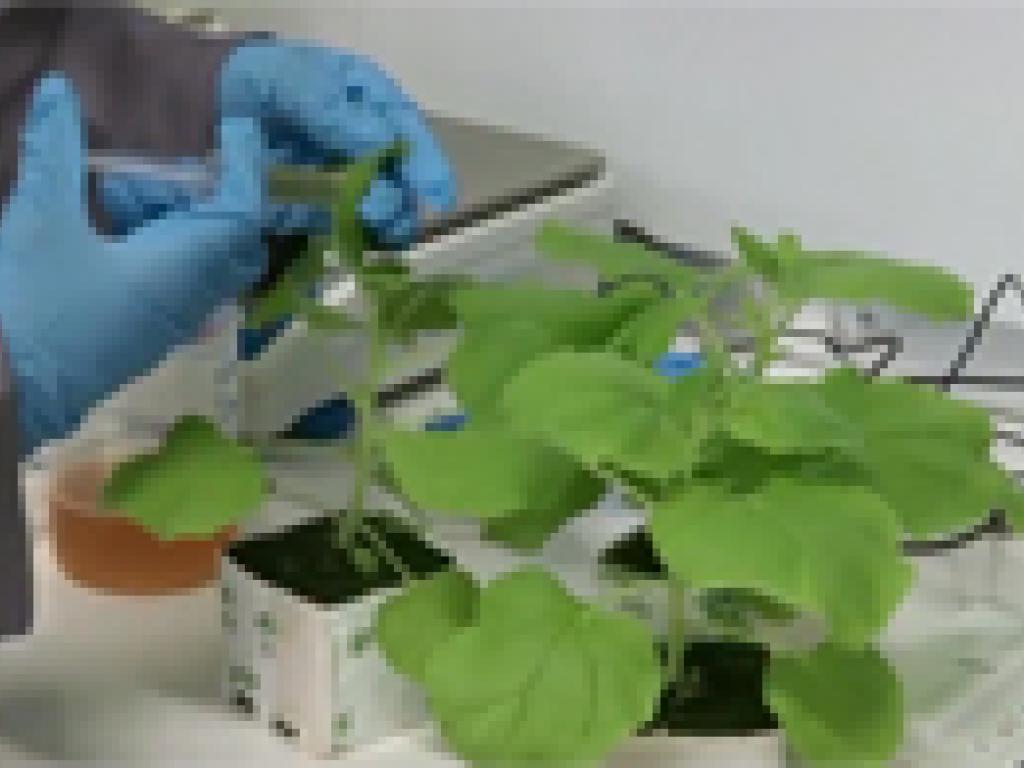Biopharming Research Unit profile on Carte Blanche

What do the 2010 FIFA World Cup, bird flu and a weedy cousin of the tobacco plant have in common?
The link is the ability to grow vaccines in plants, thanks to disruptive technology developed at the University of Cape Town’s (UCT) Biopharming Research Unit (BRU) in the Department of Molecular and Cell Biology, and now being utilised by spin-out company Cape Bio Pharms.
The hydroponic farm in Cape Town where the plants are being grown to produce vaccines, along with the story behind BRU's research and development, sparked the interest of MNet's Carte Blanche television programme, which featured the progress on Sunday, 18 November.
Professor Ed Rybicki, director of BRU, explained in the programme that the possibility of an outbreak of a flu pandemic during the World Cup, and the realisation that South Africa would have been unable to cope, prompted his research team to develop a flu vaccine grown in a common tobacco plant.
When environmental journalist Belinda Shaw heard Rybicki giving a lecture on the vaccine in 2014, and discovered that South Africa wasn’t benefiting from the technology, she was "irritated", she told Carte Blanche.
It took three years, but with the backing of UCT, she raised funding from the Department of Trade and Industry and Cape Bio Pharms became a reality.
See clips on Carte Blanche's Twitter feed:
#Biopharming is a faster, safer and cheaper way of producing pharmaceuticals like antibodies and vaccines in plants – a truly disruptive and home-grown technology. @DerekWatts finds out more this Sunday at 7pm on #CarteBlanche @MNet channel 101. #biopharms pic.twitter.com/ibQbNAltpz
— Carte Blanche (@carteblanchetv) November 14, 2018
Without our own vaccine production facilities, should a health pandemic strike, South Africa won’t be able to produce vaccines. Now, a #hydroponic farm in Cape Town hopes to change that through #biopharming. #CarteBlanche pic.twitter.com/TLOyZgW9tb
— Carte Blanche (@carteblanchetv) November 18, 2018
